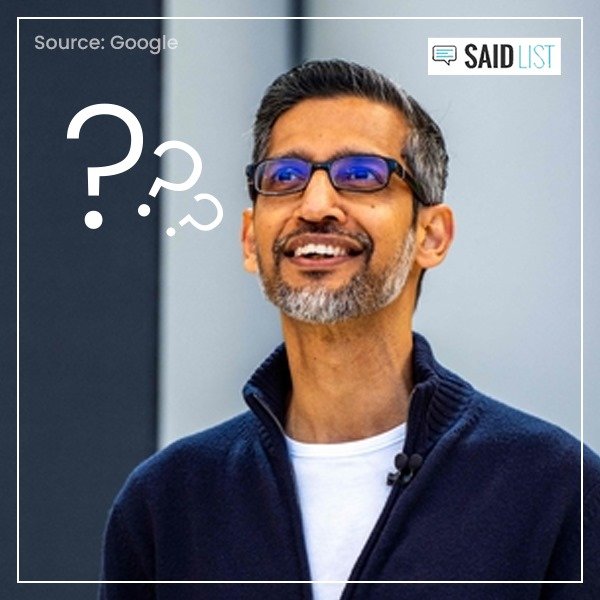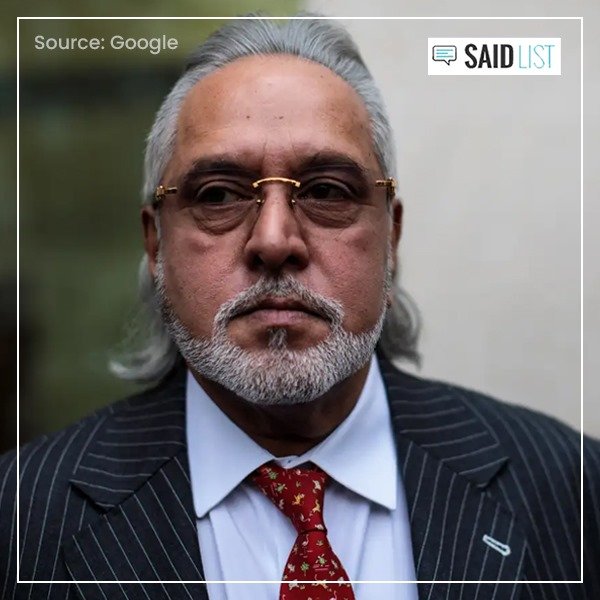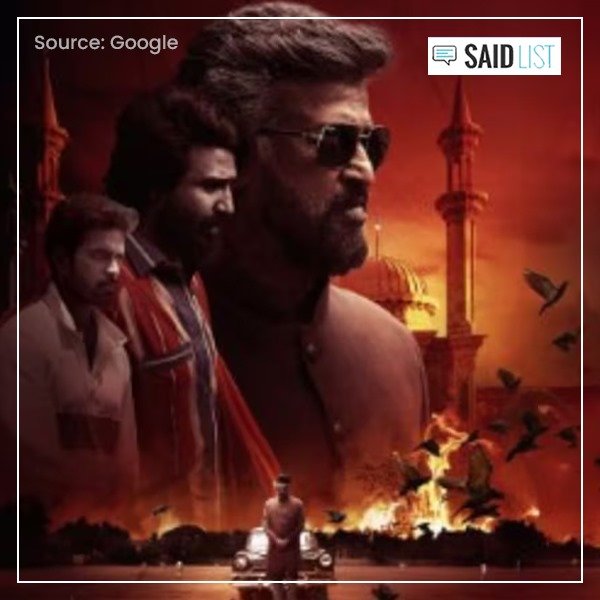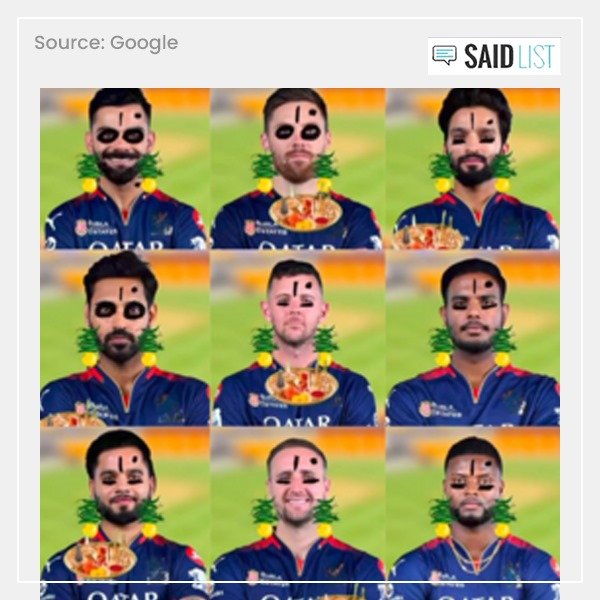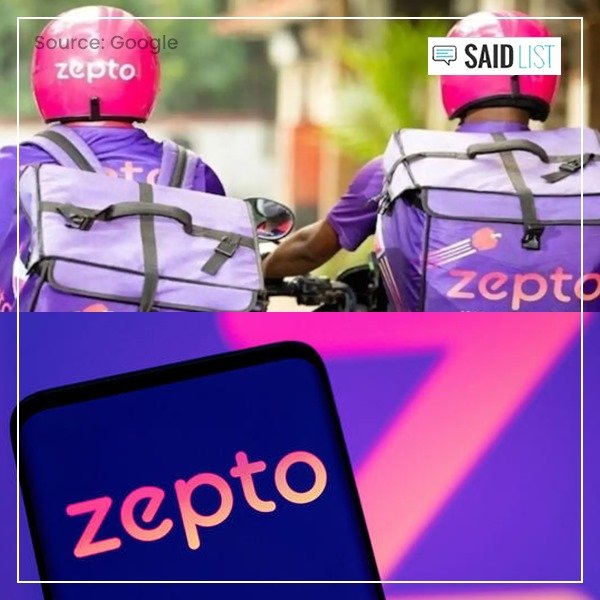Prime Minister Narendra Modi was warmly welcomed in the United Arab Emirates (UAE) with a spectacular display as the iconic Burj Khalifa illuminated in the colors of the Indian national flag.
Having wrapped up his trip to France, Prime Minister Modi departed for the United Arab Emirates, arriving on the 15th of July. This marked his fifth official visit to the UAE since his assumption of office in 2014.
During his visit to Abu Dhabi, Prime Minister Modi met with UAE President Sheikh Mohamed Bin Zayed Al Nahyan on Saturday (July 15) and engaged in extensive discussions. In his post-meeting comments, Modi expressed the profound affection he receives from Sheikh Mohamed, likening it to that of a brotherly bond.
Major highlights of the visit
This article offers a comprehensive overview, outlining the primary highlights and objectives of the visit. They are as follows:
- India and the UAE Forge Partnership to Integrate Unified Payments Interface with Instant Payment Platform (IPP):
In a significant development, the Reserve Bank of India (RBI) and the Central Bank of the UAE signed a Memorandum of Understanding (MoU) to establish collaboration for interlinking their respective payment and messaging systems. As part of this agreement, the Indian Unified Payments Interface (UPI) will be seamlessly integrated with the UAE’s Instant Payment Platform (IPP), paving the way for enhanced financial connectivity and cross-border transactions between the two nations.
Following his meeting with the UAE President, Mr. Modi highlighted that India-UAE trade has experienced a notable 20% growth since the signing of the Comprehensive Economic Partnership Agreement last year. He emphasized that the agreement to settle trade in the currencies of both countries signifies the robust economic cooperation and mutual trust shared between India and the UAE.
- India Fully Backs UAE’s COP-28 Presidency:
During the discussions, Prime Minister Modi pledged India’s complete backing for the UAE’s COP-28 presidency, which will see the 2023 UN Climate Change Conference take place at Expo City in Dubai from November 30 to December 12.
- Enhancing Trade Settlement through Local Currencies:
India and the UAE have signed an MoU to establish a Local Currency Settlement System, allowing for cross-border transactions to be settled in INR-AED bilaterally. This move aims to reduce transaction costs and settlement time, and will benefit exporters, importers, and Indians residing in the UAE who need to make remittances. The establishment of the LCSS may also lead to the development of an INR-AED foreign exchange market.
- IIT Delhi Signs MoU for First Global Campus in Abu Dhabi:
IIT Delhi has signed a Memorandum of Understanding (MoU) to set up a campus in Abu Dhabi.
The new Memorandum of Understanding (MoU) is part of the ‘IITs go Global’ initiative” , making it the second international IIT campus, following IIT Madras Zanzibar.
The IIT Delhi campus in Abu Dhabi will offer courses covering a broad range of academic disciplines, including but not limited to Energy and Sustainability, Artificial Intelligence, Computer Science and Engineering, Healthcare, Mathematics and Computing, various fields of engineering and sciences, and humanities.
- Official Statements Released Jointly:
The two countries issued a joint statement on climate change , emphasizing the importance of a global stocktake of collective measures to achieve Paris Agreement targets. They also stressed the urgency of fulfilling the USD 100 billion delivery plan by developed countries to mitigate and adapt to climate change effects.
Modi’s UAE Visit and the Sino-Indian Competition in the Middle East
Indian Prime Minister Narendra Modi’s visit to the UAE is viewed as a response to Chinese expansion in the Middle East and the Arabian Gulf, particularly after the UAE strengthened its economic ties with China, establishing it as a significant trading partner in the region. The US has expressed concerns over the UAE’s engagement with Huawei, a company banned due to apprehensions about its ties with the Chinese army and Communist Party. Modi’s visit is interpreted as an indirect effort by the US and India to counter and limit Chinese expansion in the area, particularly after the US sought to impede China’s plans for a military base in the UAE. The primary goals of Modi’s visit include bolstering India’s presence amidst Chinese competition and securing a continued US presence in the UAE.



